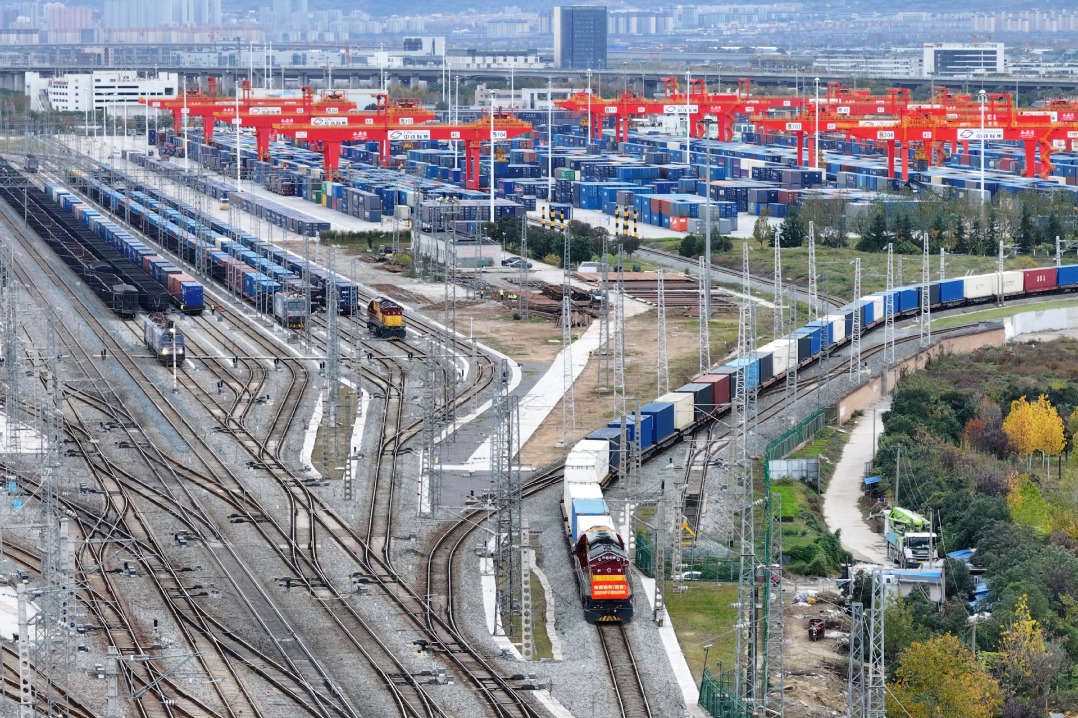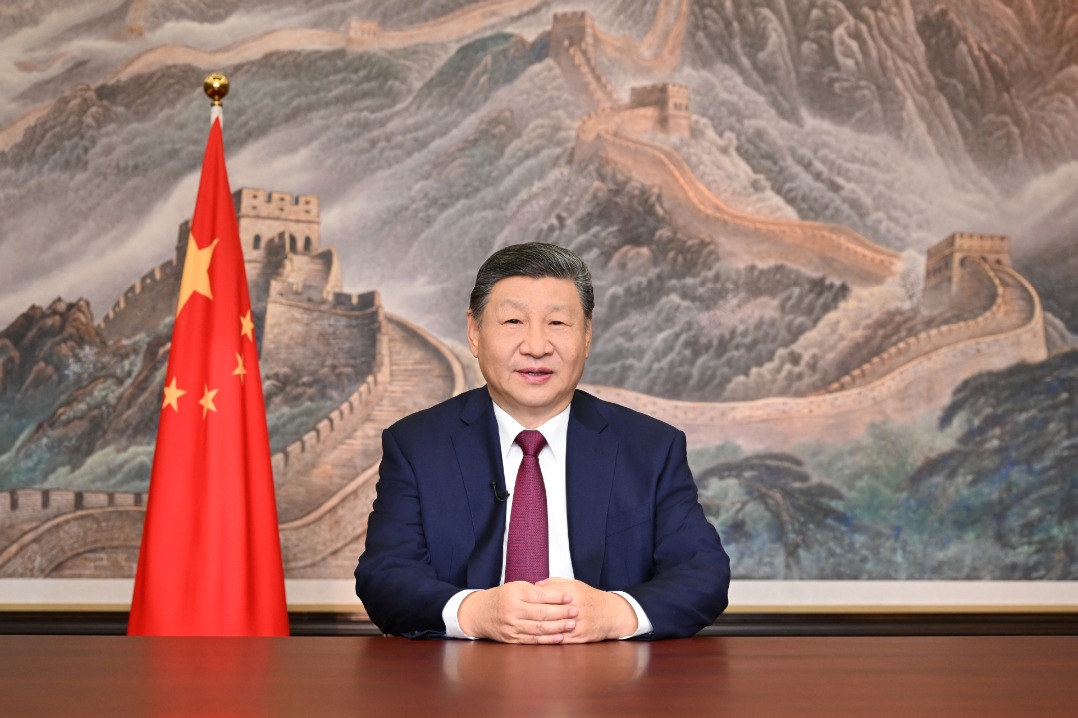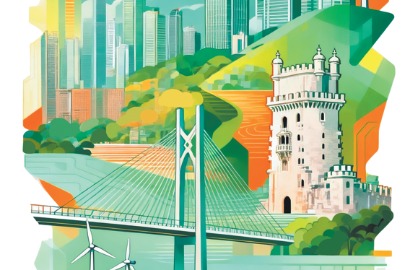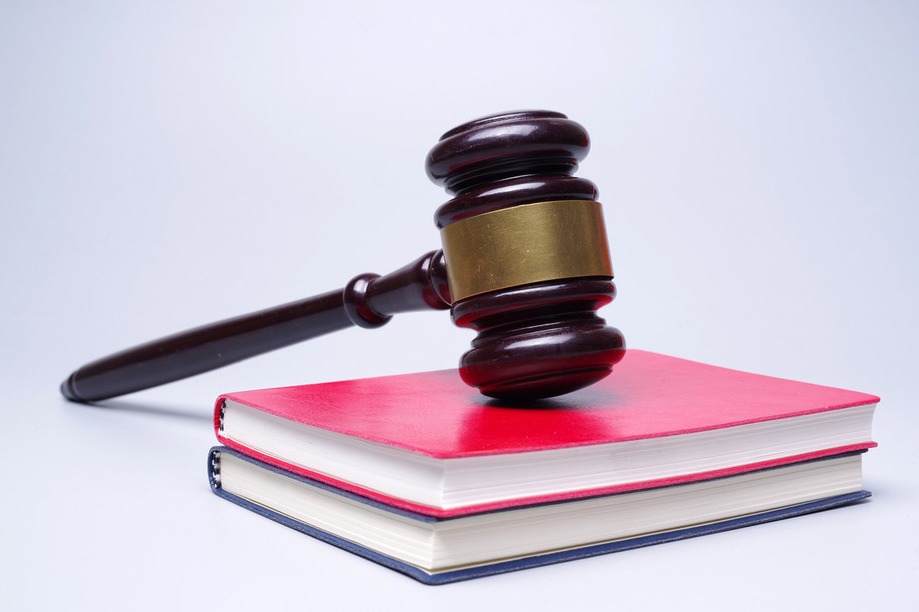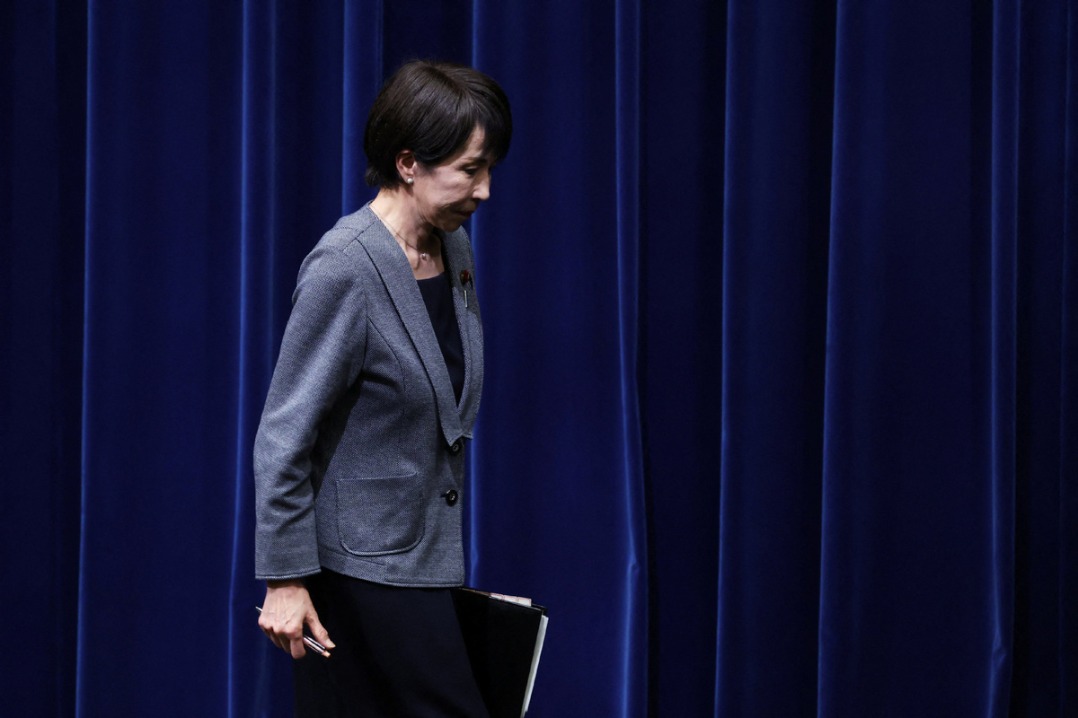Officials' social dealings must be honest


One of the main duties of disciplinary inspection organs is routine but continuous and strict supervision of leading Party cadres, which requires innovation in mechanisms, as well as the right focus on and improved efficiency in routine work.
The key is to properly handle some practical and broad issues that could be extremely complicated and sensitive, which make it difficult to assess the relationship between leading cadres' social dealings and corruption, which in turn could lead to disputes. The leading officials' social communication and exchanges have three distinct characteristics.
Leading officials have wider social connections
To begin with, leading officials usually have wider social connections as they enjoy higher social status, more resources and extensive social experiences. They have to make courtesy calls on superiors, subordinates and peers during festivals and major events, including weddings and funerals, thanks to the relationships they develop at work. They also have to interact with relatives, friends, schoolmates and fellow residents, who tend to establish contacts with people occupying leading positions. Which is to say leading officials have much wider social connections.
Second, it is obvious that more interests are at stake in leading cadres' social life. Many people hope to get a bite of the social resources, be they organizational, economic or cultural, that leading officials have command over in order to fulfill either their public or personal interests.
Besides, leading cadres themselves may like to accommodate their own interests through social intercourse. Social dealings based purely on feelings and emotions are scarce regardless of whether the people in question occupy leading positions. It is therefore beyond doubt that leading cadres' social interactions involve more interests. But one common phenomenon demands particular attention, that is, some people may seek leading cadres' help to resolve some practical issues of interests even if their previous dealings were based on emotional grounds.
Cadres must not cross threshold of honesty
Third, the risk of social dealings of leading officials leading to corruption is real. Just like other members of society, leading officials, who are subjected to high pressure at work, also need to enjoy a social life to relieve stress, re-energize their spirit and gather information. Once their dealings with people around them cross a certain threshold owing to some parties' deliberate efforts, they could lead to corruption.
It is also likely that some leading cadres attempt to get promoted and harness more power through social interactions, which is nothing but "clique-formation" and "power-clinging", which President Xi Jinping has severely criticized. Ordinary people face moral or legal risks from their improper social dealings, but leading cadres face greater risks, of getting involved in corruption and breaking Communist Party of China's rules.
Proper handling of their social dealings is the duty of leading cadres and a key focus of disciplinary inspection departments.
Leading officials should prudently handle their social interactions, for which the CPC has set clear stipulations. According to CPC disciplinary regulations, cadres could get a warning, even be expelled by the Party for receiving gifts, cash, expense vouchers, securities or financial products, or abusing their power in management of events including weddings. It is important that leading officials stay vigilant while dealing with others, avoid being misled by greed and losing the ability to make the right judgment.
Normal social dealings not against the law
As for the disciplinary inspection departments, they should process leading cadres' social dealings accurately, because examples show the source of duty-related crimes are usually leading officials' social communication and exchanges. Yet social intercourse itself is not against any rule or law, only the ones that cross the given boundaries could lead to crime.
Besides, even officials who have broken the Party regulations and laws can have normal social interactions and exchanges.
So the disciplinary inspection organs should accurately distinguish between cases. Certain cases show the parties to a dispute, the responsible organ and other members of society, often hold largely different views of cadres' social dealings. This reflects the difference in their stances, but also relates to immature and imperfect standards for labeling cadres' social interactions as either benign or prone to corruption. Therefore, it is vital to improve the accuracy and authenticity of this system.
Role of media should be neutral, objective
Moreover, the media should objectively report on the relationship between leading cadres' social dealings and corruption especially because certain reporters tend to exaggerate, fabricate or distort information in an attempt to attract more readers or viewers. Which is unfair to the parties involved, and detrimental to the ethos of society. Therefore, the media should act responsibly and publish a story only after crosschecking the facts.
At the third plenary session of the 19th CPC Central Commission for Discipline Inspection, Xi, also the general secretary of the CPC Central Committee, demanded that Party members maintain normal and pure inner Party relations and oppose evil trends, including "clique-forming". This not only applies to inner Party relations, but also holds true for leading cadres' dealings with non-Party members. Simple and pure social dealings should become leading cadres' philosophy of life as it will not only protect their own political careers, but also reflect their responsibility toward the Party and the country.
The author is a professor at the Party School of the CPC Central Committee.


















